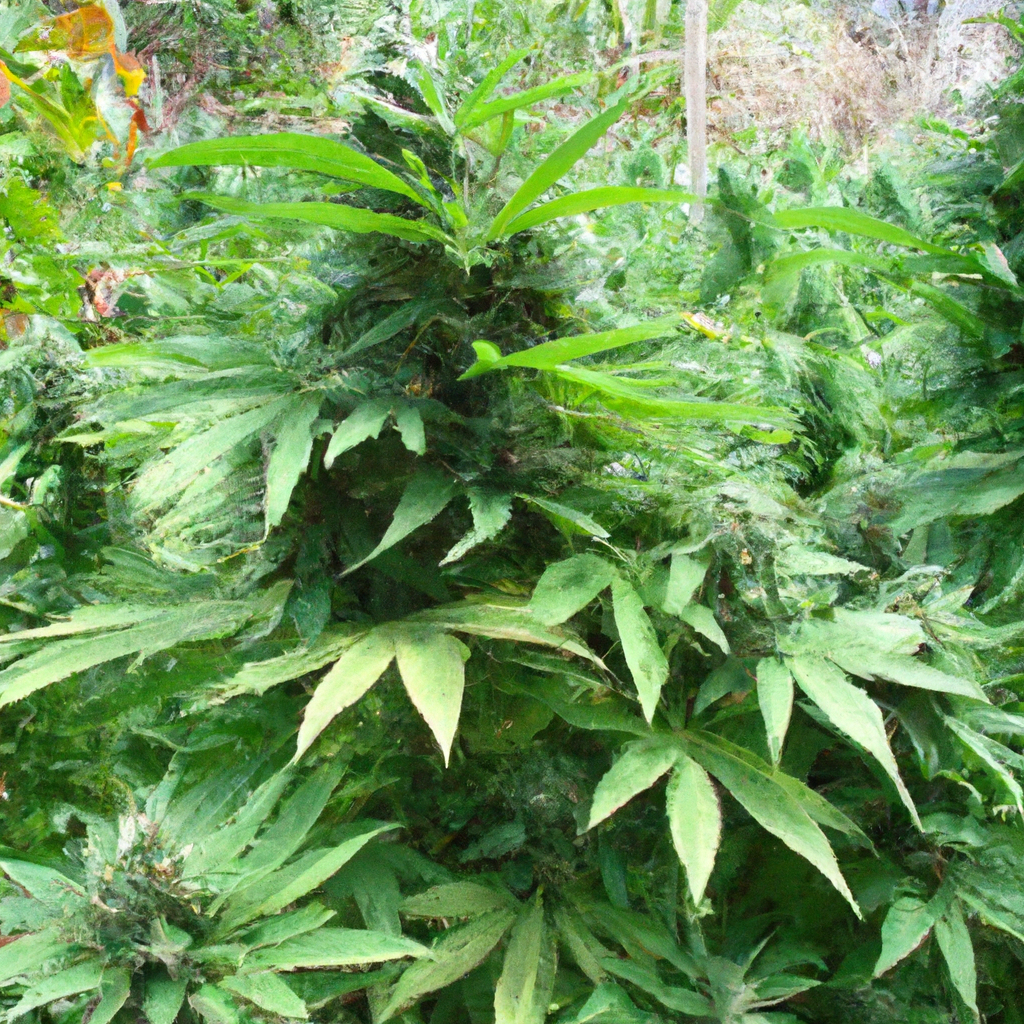Your cart is currently empty!
In recent years, the shift towards organic agriculture has become a pivotal conversation in the cannabis cultivation community. Organic cannabis growing not only emphasizes sustainability but also enhances the quality of the produce. In this article, we delve into the essential practices that define organic cannabis cultivation, focusing on natural fertilizers, compost, and eco-friendly pest control methods.
Building a Healthy Soil Ecosystem
The cornerstone of organic cannabis cultivation is a rich and vibrant soil ecosystem. Healthy soil is teeming with microorganisms, beneficial insects, and organic matter, all of which contribute to robust plant growth.
- Composting: Incorporate natural compost to enrich the soil. This not only provides essential nutrients but also improves soil structure and moisture retention.
- Cover Crops: Planting cover crops like clover can prevent soil erosion, increase nitrogen content, and maintain soil health.
- Mulching: Use organic mulch to regulate root temperature and suppress weed growth while enriching the soil with nutrients as it decomposes.
Natural Fertilizers: A Sustainable Boost
Fertilizers are essential for plant vigor. However, in organic growing, synthetic fertilizers are replaced with natural alternatives.
- Fish Emulsion: An excellent source of nitrogen that promotes vegetative growth and is easy to apply.
- Bone Meal: Adds phosphorus to the soil, essential for flowering and root development.
- Compost Tea: A liquid fertilizer made by brewing compost in water, it boosts beneficial microbial activity in the soil.
Pest Control: Natural and Effective
Managing pests organically involves encouraging a balanced ecosystem where natural predators keep pest populations in check.
- Beneficial Insects: Introduce insects like ladybugs and lacewings that prey on common cannabis pests.
- Neem Oil: A natural and biodegradable pesticide effective against a variety of pests.
- Companion Planting: Utilize plants like marigolds and nasturtiums that repel harmful insects.
The Benefits of Going Organic
Choosing organic cannabis cultivation offers multiple advantages not only to the environment but also to consumers.
- Environmental Impact: Organic practices contribute to biodiversity and reduce pollution, promoting a sustainable cycle.
- Healthier Produce: Organic cannabis is free from synthetic pesticides and fertilizers, offering cleaner, purer products for consumers.
- Sustainability: By improving soil health naturally, organic methods maintain long-term productivity and ecosystem viability.
Conclusion
Nurturing organic cannabis requires dedication to earth-friendly practices, yet the rewards are manifold. By using natural fertilizers, fostering healthy soil ecosystems, and implementing sustainable pest control, growers can elevate both the quality of their crop and their environmental contribution. In an age where sustainable choices define the future, organic cannabis growing stands out as a promising path.
Tags: Organic Growing, Natural Fertilizers, Compost, Pest Control, Sustainability
Discover more from Magic Clones
Subscribe to get the latest posts sent to your email.


Leave a Reply